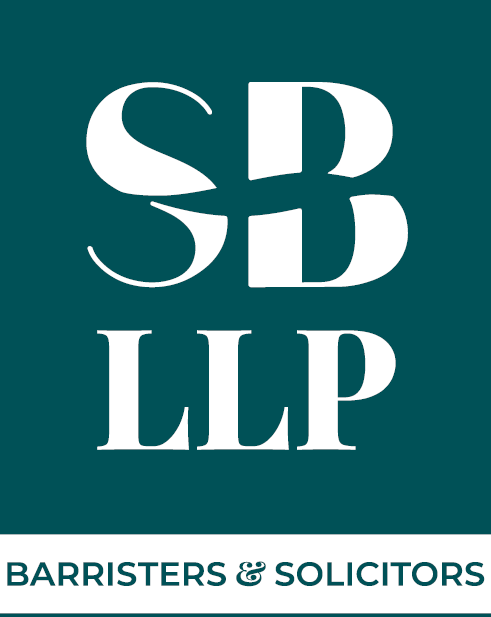Cryptocurrency Transactions and Securities Laws: Defining Programmatic Sales vs. Institutional Sales
Written by: Hasman Dhaliwal
The July 2023 decision in the U.S. Securities and Exchange Commission (“SEC”) v. Ripple Labs has sent shockwaves through the global cryptocurrency industry. This article explores the implications of the ruling on Ripple's XRP token and its potential impact on Canadian cryptocurrency legislation.
On July 13, 2023, a judgment was issued in the case of U.S. Securities and Exchange Commission v. Ripple Labs, Inc., 2023 WL 4507900 (S.D.N.Y. July 13, 2023) (“Ripple”), determining that Ripple's sales of XRP (the token on Ripple blockchain, the asset which is bought and sold) through secondary trading platforms, known as “Programmatic Sales”, did not constitute securities transactions. However, the court held that XRP distributed through “Institutional Sales” to institutional investors did qualify as securities.
The Howey Test was crucial in determining whether XRP transactions met the criteria of an investment contract and, therefore, constituted securities under the U.S. Securities Act of 1933.
The Howey Test is the fundamental four-part test applied in the United States in determining if the subject is a security, considers: 1) an investment of money; 2) in a common enterprise; 3) with the expectation of profit, 4) to be derived from the efforts of others.
Programmatic Sales vs. Institutional Sales
The court's decision regarding Programmatic Sales was a significant victory for Ripple and the broader cryptocurrency industry. It concluded that blind bid/ask transactions on secondary trading platforms, where Ripple had no knowledge of buyers, did not meet the Howey Test's criteria. This ruling challenged the SEC's attempt to categorize all secondary market transactions as securities.
On the other hand, the court deemed Institutional Sales, where Ripple sold XRP directly to institutional investors, as securities transactions. This distinction emphasized the pooling of assets, shared fortunes among investors, and the expectation of profits tied to Ripple's efforts, aligning with the Howey Test's criteria.
Implications for Canadian Cryptocurrency Legislation and the Howey Test
The ruling in Ripple has opened a new chapter in the evolving legal landscape of cryptocurrencies. This distinction of Programmatic Sales from Institutional Sales is pivotal in advancing the law's understanding of the nuance of crypto transactions. As the decision reverberates globally, Canadian regulators, industry players, and legal experts must navigate the implications for the country's cryptocurrency legislation.
For industry players, the distinction drawn between Programmatic and Institutional Sales will inform the operations of major Canadian cryptocurrency exchanges, who should reassess their business practices to be compliant with the new Ripple standard. This will involve a closer examination of transaction types, ensuring compliance with evolving regulatory expectations, and adapting to any potential changes in how certain transactions are facilitated.
For regulators, the legal uncertainty in secondary market transactions could lead to a reevaluation of existing frameworks and necessitate a more nuanced approach to classifying different types of cryptocurrency transactions.
The Howey Test has been adopted in Canada by way of Pacific Coast Coin Exchange v. Ontario (Securities Commission) [1978] 2 SCR 112, the seminal case for determining whether a security exists. Policymakers and lawmakers may need to explore potential adaptations or clarifications to the Howey Test to better align with the unique characteristics of cryptocurrency transactions, ensuring that the legal framework remains effective and relevant in the digital age.
About the writer
Hasman Dhaliwal is a lawyer with SB LLP, South Edmonton’s premier law firm conveniently located at 209, 2920 Calgary Trail NW, Edmonton, AB, T6J 2G8. Hasman, who works primarily as a commercial and corporate lawyer, advises cryptocurrency clients across Canada.
To connect with Hasman, please visit: https://sb-llp.com/hasman-dhaliwal

